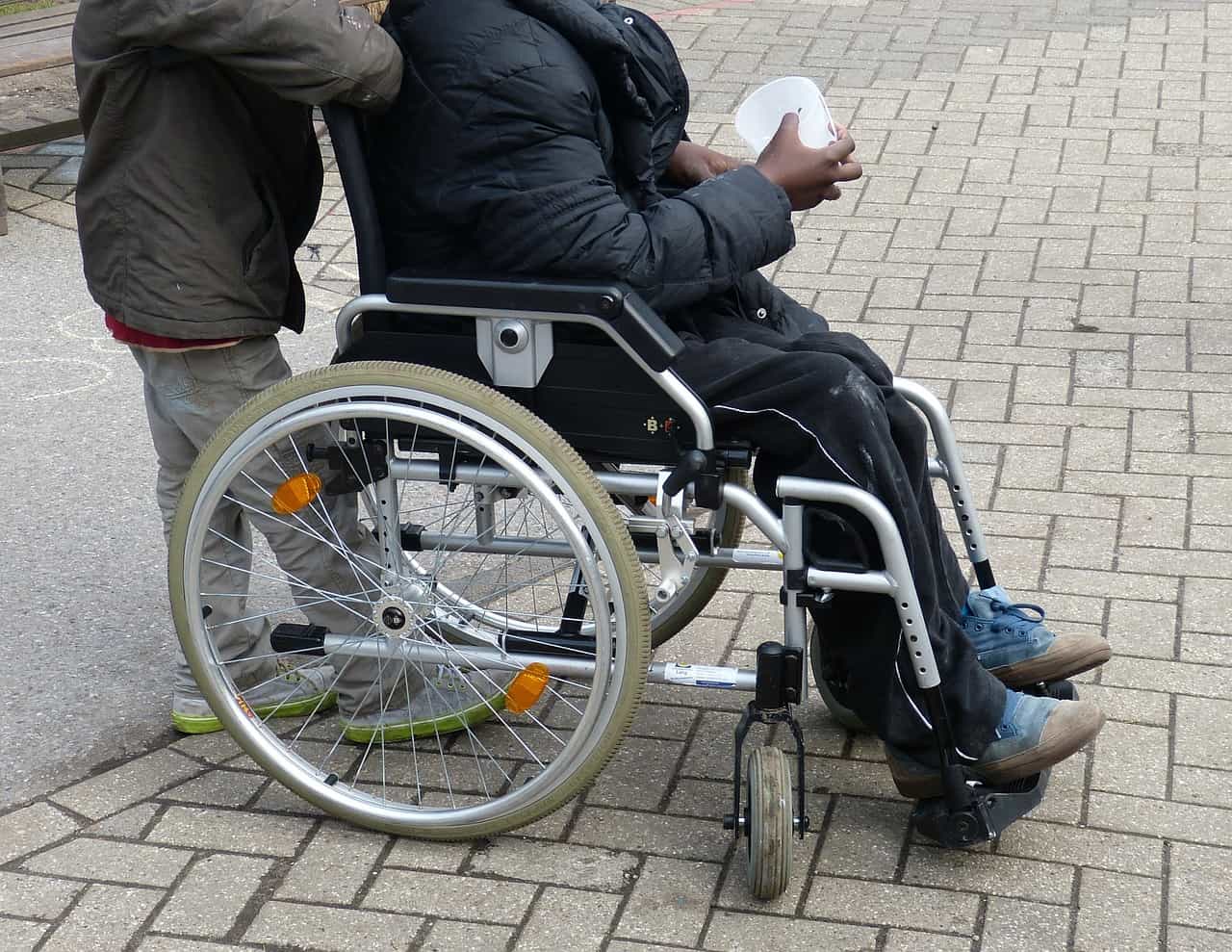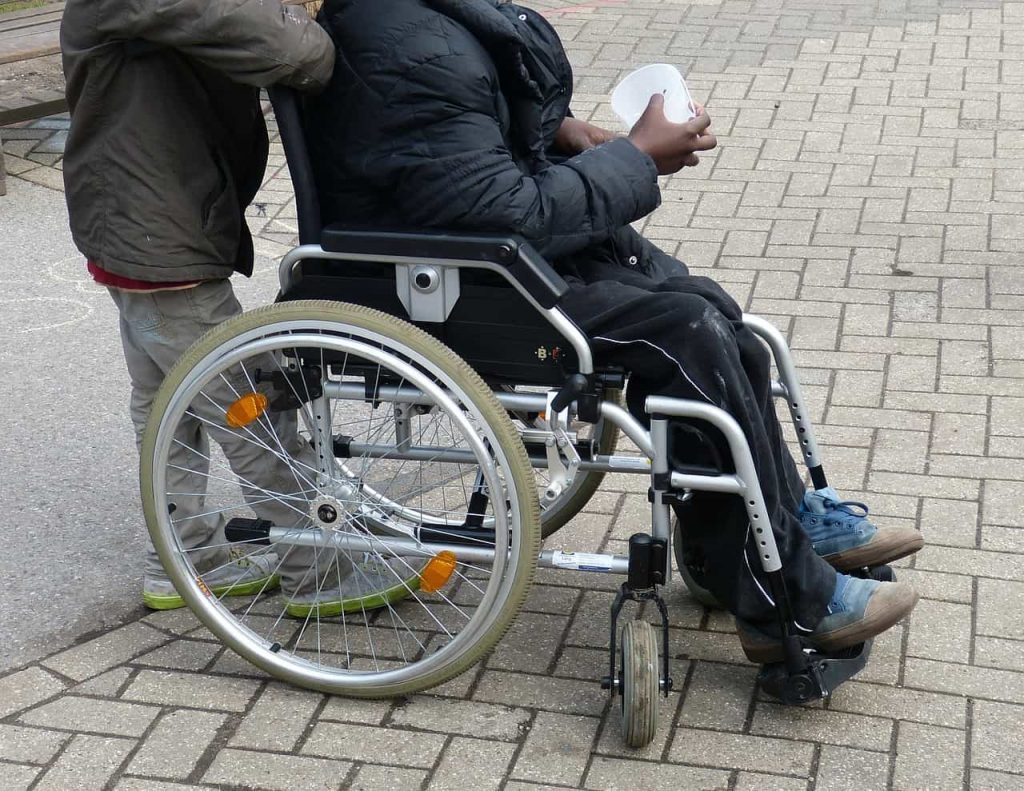Having a disabled family member can be challenging for all of those who are a part of his or her support system. Getting adjusted, and making changes to your daily routine and work, family, and leisurely time can take some time and practice when a disability becomes a part of a family’s reality. For family members who slowly develop a disability, families can have some time to prepare and adjust to the new needs and requirements for the individuals lifestyle. For other families, individuals are born with special needs which often force families to make changes more abruptly and with little preparation when expecting a new child.
As a disabled individual grows throughout his or her childhood, there are many differences that families must consider in comparison to an individual without any special requirements. One of the most important is the need for regular exercise. This is a common necessity for any child or teen who is maturing, but the need for regular physical activity among special needs is even more important, and should be carefully monitored and promoted. Here’s Guidel a few reasons why.
Mental Health
As a special needs child or young adult, the mental health functionality and thinking is obviously extremely important. Though many people may overlook it, special needs children are just as prone to depression and sadness, similar to others their age. Depending on their condition, it may be more difficult for a special needs child dealing with things like autism to have the ability to express themselves. Since these types of special needs children often have the mindset of an age younger than they currently are, determining their mental state and well-being can pose a challenge for caregivers as well as parents alike.
Physical Health
As mentioned, physical movements and exercises for children should always be placed as a critical factor in their overall health. As we progress into more advanced societies, it becomes even more difficult for parents to promote physical exercise to children and teens. Since we live in a digitalized society, kids are spending more time using gadgets and playing with toys such as video games and tablets that take away the time they need to get outdoors.
The same concept comes into play with special needs children. Since caregivers may sometimes become overwhelmed with keeping them occupied, it may seem like the easiest option to hand them a tablet or phone to occupy time. As this habit develops over several weeks and even years, one can imagine the amount of missed time the caregiver could have spent with their special needs child outside of the home, away from devices, getting physical activity. Increasing the blood flow through the body can have a multitude of positive effects on a child’s well-being, and can help to regulate weight, stress, clear thinking, and even protect from other medical issues like diabetes.
For caregivers, it can sometimes become an obstacle to locate the proper facilities that can accommodate special needs children, like those with cerebral palsy. Luckily, there are resources that have been developed to assist in locating special-needs friendly facilities that can easily accommodate these types of visitors. Check out this entertainment guide developed by Stern Law.
What Can You Do?
Do you know of a family member, friend, or close neighbor that faces a disability? Stop to think about some of their daily routines, and determine if there are things you can do to assist with healthy exercise habits. What are things you can brainstorm that might help with promoting exercise among families with special needs? How will this impact your peer, and make a positive contribution to their well-being?
Recent Posts
- Castor Oil For Better Hair Growth: Is It Myth Or Fact?
- Exploring the Differences Between Sermorelin, Ipamorelin, Ibutamoren, GHRP2, and GHRP6: Understanding Their Role in Human Growth Hormone Regulation
- Unraveling the Mystery: Understanding the Causes and Prognosis of Ventricular Tachycardia Without Apparent Heart Disease
- Understanding Grandparents’ Rights in Oklahoma: Navigating Visitation and Legal Protections
- 10 Reasons to Consider Hypnotherapy for Your Health


